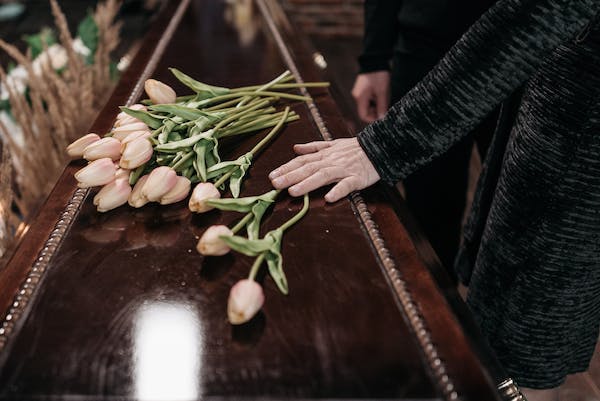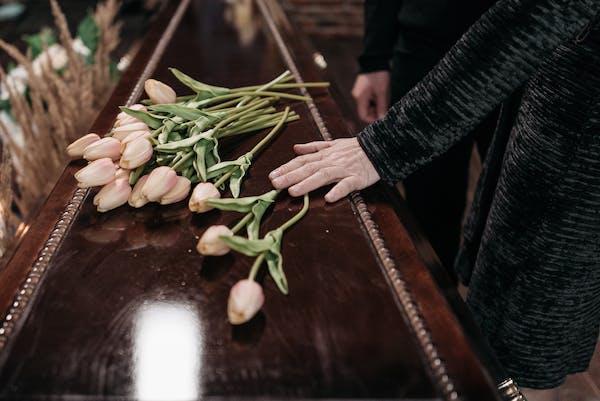Blog
Things Not To Do When Someone Dies

One of the most difficult aspects of life is the loss of a loved one. Saying goodbye is never easy, no matter how prepared we are. However, there are many things you should not do when someone dies.
The days and weeks following the death of a loved one can be excruciating. With grief, it is hard to think clearly. Here are some critical actions you should not take when a loved one dies.
May Sincere Condolences and Hugs Relieve Your Pain

What to Avoid When a Loved One Dies
You should avoid anything that seems harmful rather than beneficial. You don’t want the bereaved to feel even worse.
Do not make a major decision that you are not required to make. You don’t have to decide whether to keep or sell the house and relocate. You need time to adjust to your new situation, and hasty decisions can be disastrous.
Do not delay in calling their pension. If the decedent was receiving pension benefits, you must contact the pension as soon as possible. Delaying notification of your pension, like delaying social security, can result in overpayments, legal obligations, fines, and fees.
Do not ignore your own needs. Remember to look after yourself. Give yourself the time and space you need to grieve. Don’t be afraid or embarrassed to ask for or accept help when you need it.
Words Not To Say When Someone Dies
Keep in mind that this is a difficult time for the deceased’s loved ones. Don’t pass judgment, make jokes, or tell that embarrassing story about something the deceased did at work or with friends.
Avoid using the following phrases: “With the tie, you will feel better.” or “You’ll get over it.” It may increase their pain or trigger their tears.
Don’t bring up any negative incidents you or others may have had with the deceased. Remember good deeds and memories to honor the loved one’s departure.
If a family member isn’t crying or does not appear sad, don’t bring it up. He might be trying hard to be quiet and to control his emotions in the presence of others.
These phrases or actions frequently may elicit sensitive reactions or responses, and you want to be as respectful as possible to the deceased’s family.
Be Caring Respectful!

Frequently Asked Questions
You should not distribute your loved one’s assets unless you’ve consulted with an attorney who is a Certified Specialist in Estate Planning, Trust, and Probate Law, whether there is a will or trust in place. The rules governing a decedent’s estate and assets are complex, and you will be held financially and legally liable for any errors you make during the process.
Whether the house is still occupied or abandoned, you should ensure that the homeowner’s insurance has not expired. A person’s house is usually their most valuable possession, so preserving it is critical. You don’t want to lose their most valuable asset due to a fire, flood, natural disaster, or other unforeseen events. Make certain that their most valuable possession is safeguarded.
